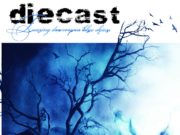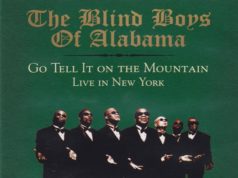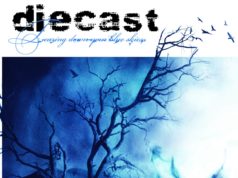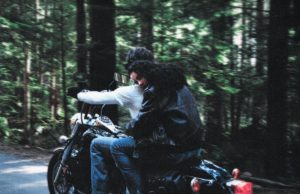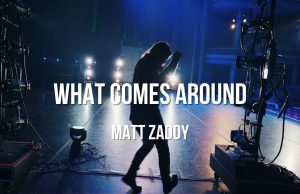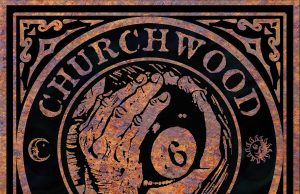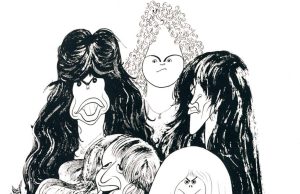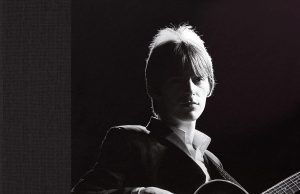Some Fela, some photos and two old LPs spinning at 33 1/3 RPM. That’s all she wrote for next week. Read all about ’em:
 Fela Anikulapo-Kuti: Afrobeat, Rebellion, and Philosophy
Fela Anikulapo-Kuti: Afrobeat, Rebellion, and Philosophy
By Adeshina Afolayan & Toyin Falola
THE EDITED PRESS RELEASE: “Fela Anikulapo Kuti was the Afrobeat music maestro whose life and time provide the lens through which we can outline the postcolonial trajectory of the Nigerian state as well as the dynamics of most other African states. Through the Afrobeat music, Fela did not only challenge consecutive governments in Nigeria, but his rebellious Afrobeat lyrics facilitate a philosophical subtext that enriches the more intellectual Afrocentric discourses. Afrobeat and the philosophy of blackism that Fela enunciated place him right beside Malcolm X, Kwame Nkrumah, Marcus Garvey and all the others who champion a black and African mode of being in the world. This book traces the emergence of Fela on the music scene, the cultural and political backgrounds that made Afrobeat possible, and the philosophical elements that not only contributed to the formation of Fela’s blackism, but what constitutes Fela’s philosophical sensibility too.”
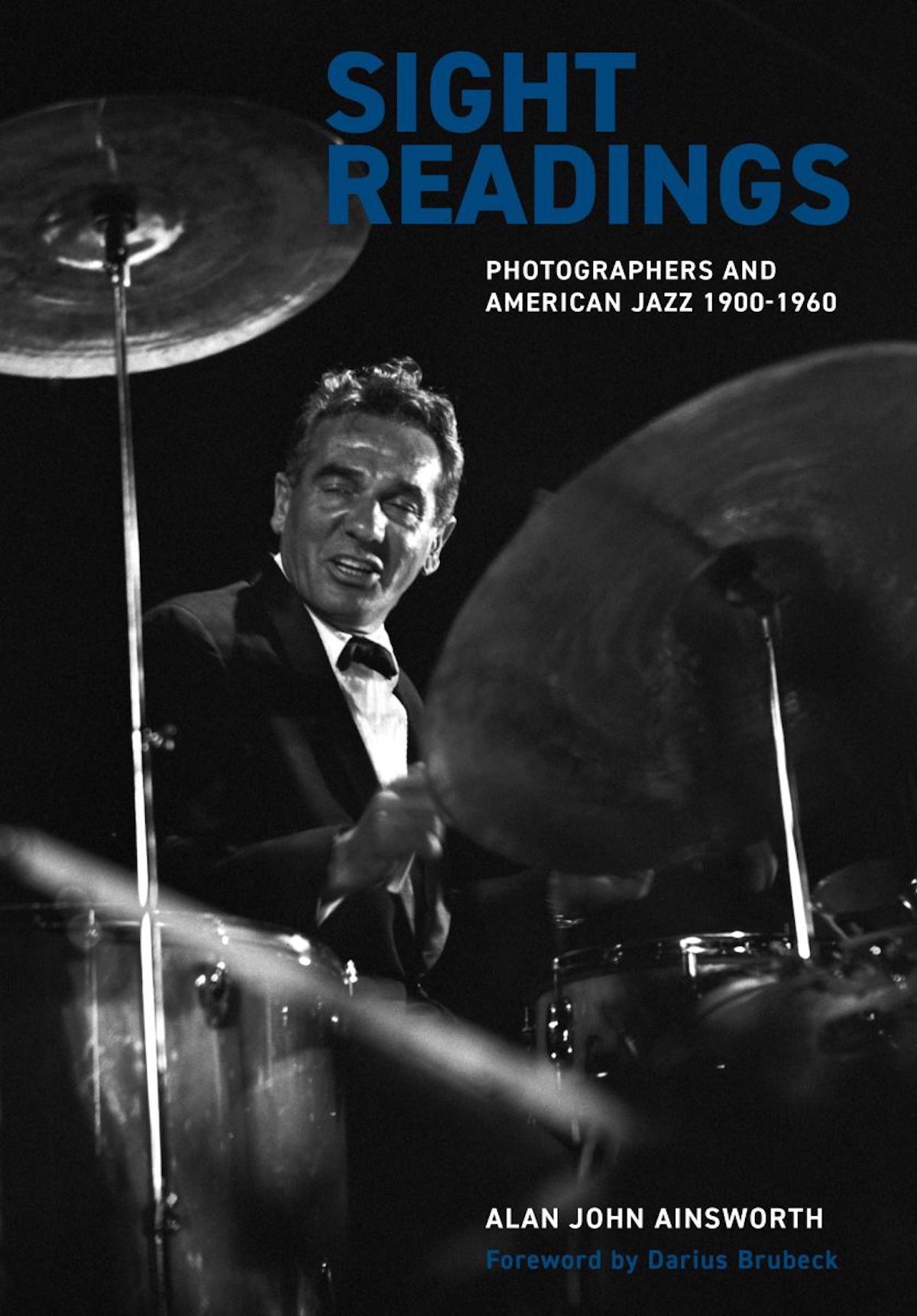 Sight Readings: Photographers and American Jazz, 1900–1960
Sight Readings: Photographers and American Jazz, 1900–1960
By Alan John Ainsworth
THE EDITED PRESS RELEASE: “In this book, Alan John Ainsworth considers the work of a range of American jazz photographers from the turn of the 20th century through the Jazz Age and into the 1960s. Drawing on extensive archival research, Ainsworth examines jazz as a visual subject, explores its attraction to different types of photographers, and analyzes why and how they approached the subject in the ways they did. While some of the photographers are widely recognized today, the volume also explores lesser-known figures of the period — including African American photojournalists, studio photographers, early-20th-century emigres, and Jewish exiles of the 1930s — whose contributions are often overlooked. Informed by ideas from contemporary photographic theory and with a foreword by Darius Brubeck, Sight Readings is a wide-ranging, eye-opening new look at twentieth-century jazz photography and the people behind it.”
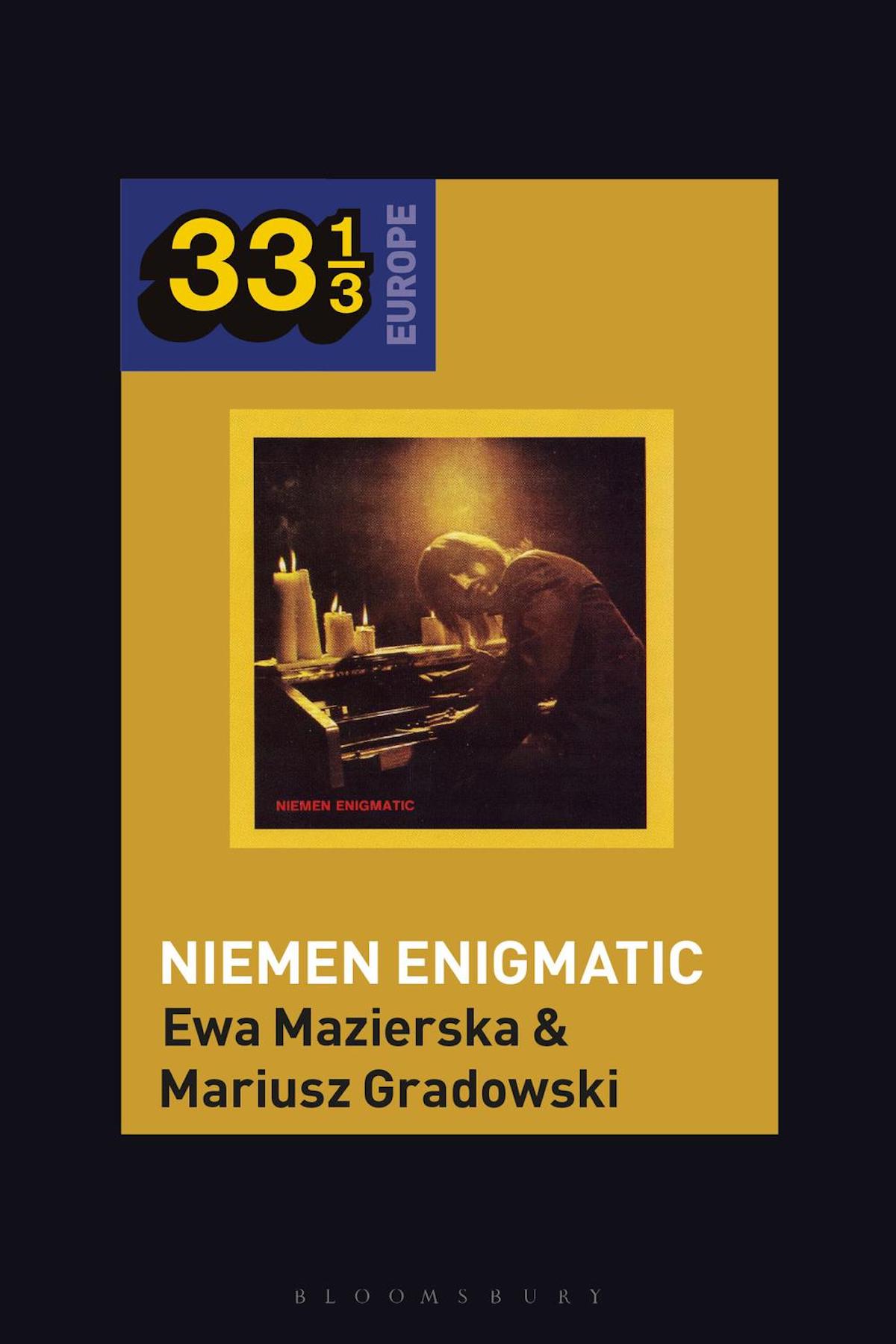 33 1/3 | Czeslaw Niemen’s Niemen Enigmatic
33 1/3 | Czeslaw Niemen’s Niemen Enigmatic
By Mariusz Gradowski & Ewa Mazierska
THE EDITED PRESS RELEASE: “Niemen Enigmatic is the fourth album in the career of Czeslaw Niemen, arguably one of the greatest Polish musicians of all time (from pop and rock to jazz-rock and avant-garde). The book asks how significant was this album? How enduring is its popularity? Has the popularity and meanings changed over time? It does this by unpacking its production, which was unprecedented in the history of the Polish popular music due to its large number of musicians with varied backgrounds, including progressive rock, mixing jazz, rock and soul with classical music. It also examines its appeal to different segments of Polish population, and failure to reach foreign audiences, despite Niemen himself privileging this album, especially its centrepiece, Bema Pamieci Zalobny Rapsod (Mournful Rhapsody in Memoriam of Bem aka A Funeral Rhapsody in Memory of General Bem aka Mourner’s Rhapsody), in his attempt to make a career abroad.”
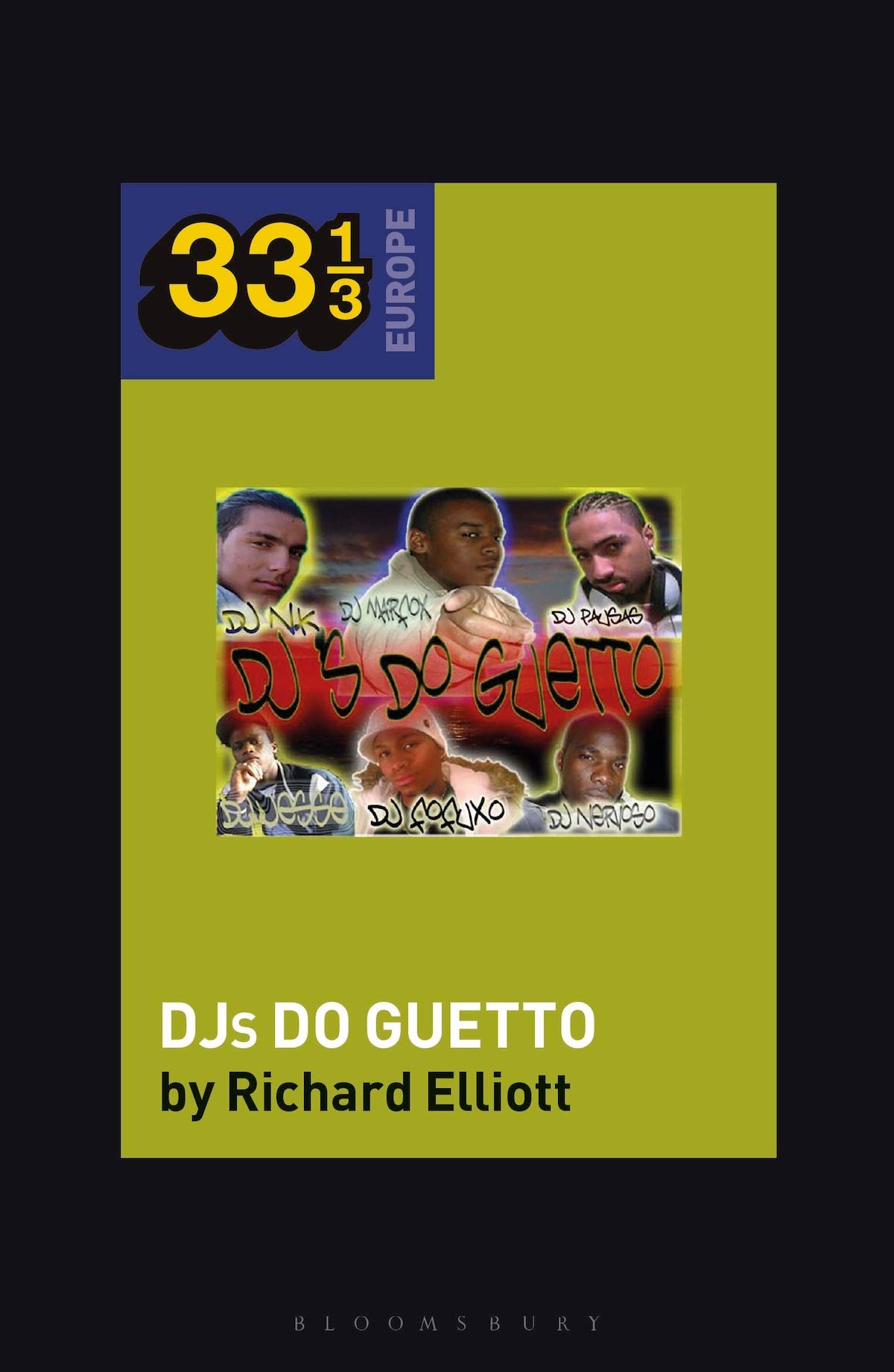 33 1/3 | Various Artists: DJs Do Guetto
33 1/3 | Various Artists: DJs Do Guetto
By Richard Elliott
THE EDITED PRESS RELEASE: “Call it batida, kuduro, Afro house, Lisbon bass: Anyone with a keen ear for contemporary developments in global electronic dance music can’t fail to have noticed the rise in popularity and influence of Lisbon-based DJs such as DJ Marfox, DJ Nervoso and Nídia. These DJs and producers have brought the sound of the Lisbon projects to the wider world via international club nights, festival appearances, recordings and remix projects for a range of international artists. This book uses the 2006 compilation DJs Do Guetto as a prism for exploring this music’s aesthetics and its roots in Lusophone Africa, its evolution in the immigrant communities of Lisbon and its journey from there to the world. The story is one of encounters: between people, sounds, neighborhoods, technologies and cultural contexts. Drawing on reflections by DJ Marfox and others, the book establishes DJs Do Guetto as a foundation stone not only for a burgeoning music scene, but also for a newfound sense of pride in a place and a community.”






